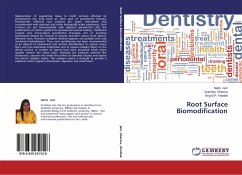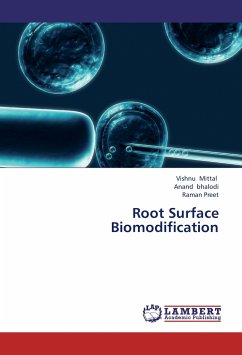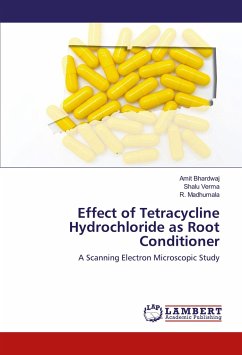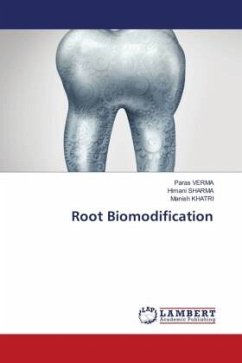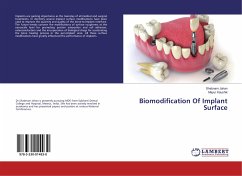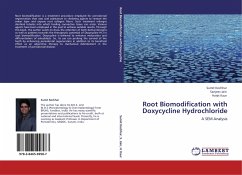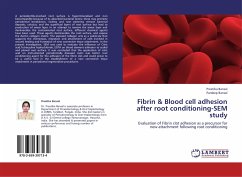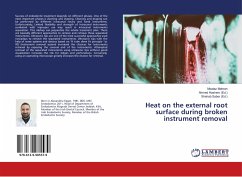Regeneration of supporting tissue to tooth surfaces affected by periodontitis has long been an ideal goal of periodontal therapy. Periodontitis affected root surfaces are hyper mineralized and contaminated with cytotoxic and other biologically active substances. Such surfaces are not biocompatible with adjacent periodontal cells, the proliferation of which is pivotal for periodontal wound healing. Traditional surgical and non-surgical periodontal therapies aim at arresting periodontal disease by removal of plaque-"invested" tissues from disease-affected roots. However complete removal appears not possible with only mechanical debridement. Thus, root conditioning has been recommended as an adjunct to mechanical root surface debridement to remove smear layer and root associated endotoxins and to expose collagen fibers on the dentin surface. A number of agents have been proposed which when applied remove the smear layer, eliminate the cytotoxic material like endotoxins, uncover and widen the orifices of dentinal tubules and expose the dentin collagen matrix. This collagen matrix is thought to provide a substrate which supports chemotaxis, migration and attachment.
Bitte wählen Sie Ihr Anliegen aus.
Rechnungen
Retourenschein anfordern
Bestellstatus
Storno

